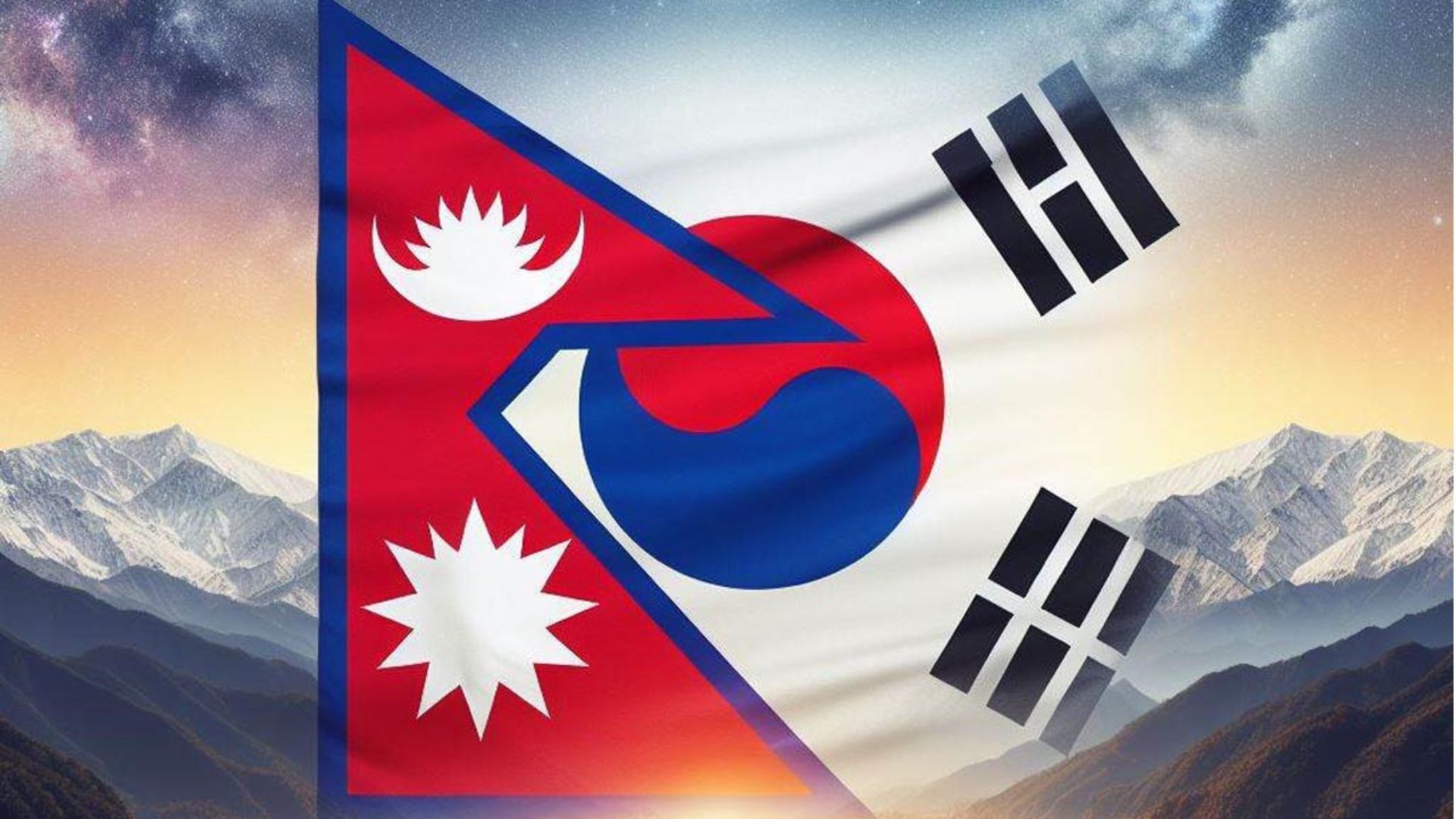This week remained dynamic in the global affairs. Amid the intensification of conflict in the Levant region, India’s security concerns amplified after the news related to Nepal officially becoming a participant in China’s Belt and Road Initiative (BRI) broke. Also, the week observed announcement of Martial Law in South Korea that shocked the word; however, the law was lifted leaving the nation in a political chaos.
Nepal has officially become a participant in China’s BRI Initiative. During Prime Minister KP Sharma Oli’s visit to Beijing, an agreement was signed that allows Kathmandu to engage in Xi Jinping’s flagship project. The discussions between Oli and Xi encompassed various topics, including connectivity, industrial growth, infrastructure development, as well as trade and tourism. Prime Minister Oli’s four-day official visit to China concluded this week, following a bilateral meeting with his Chinese counterpart, Li Qiang, in the capital city.
In a recent announcement on X, Nepal’s foreign ministry confirmed, “The Government of Nepal and the Government of the People’s Republic of China signed the Framework for Belt and Road Cooperation today.”
Several agreements were formalized, including a correspondence exchange concerning the construction of the Tokha-Chhahari tunnel road in proximity to Kathmandu. Additionally, a Memorandum of Understanding (MoU)was established to promote trade between Nepal and China, alongside the exchange of completion certificates for the renovation of the historic nine-storey palace located in Basantapur, Kathmandu. Furthermore, MoUs were signed addressing development and construction projects, economic and technical assistance, Chinese language education, and collaboration in communication technology between Nepal Television and China Media Group.
Both parties reaffirmed their dedication to enhancing connectivity between the two nations in various sectors, including ports, roads, railways, aviation, power grids, and telecommunications, with the aim of assisting Nepal in its transition from a land-locked to a land-linked country, as stated in the joint declaration. It has also been reported that the Chinese delegation opted to eliminate the term “grant” suggested by the Nepali representatives, proposing instead to use “investment” for initiatives associated with the BRI. Basically, following a thorough examination of the revised terms and conditions, Nepali officials incorporated the terminology of “aid” or “grant” and technical assistance for BRI implementation in Nepal. However, after reviewing the proposal from the Nepali side, the Chinese delegation opted to eliminate the term “grant” from the text and replaced it with “investment”.
This development represents a significant connectivity endeavour linking China with regions such as Southeast Asia, Central Asia, Russia, and Europe. However, this development raises questions and concerns for India as this decision of Nepal would strengthen Chinese presence in the South Asian region as Pakistan is already playing in the hands of China and Sri Lanka has already lost a major port (Hambantota) to China enabling it to play further against India in the South Asian region.
While this was happening in South Asia, President Yoon Suk Yeol of South Korea first announced and then retracted the martial law just hours after it incited thousands of demonstrators to take to the streets and led to demands for his resignation. This unprecedented declaration, which Mr. Yoon claimed was necessary to combat an opposition he accused of attempting to undermine the nation’s democratic framework, marked the first instance of a South Korean president invoking martial law since the conclusion of the military dictatorship in the late 1980s.
Mr. Yoon, who assumed the presidency in 2022, has faced ongoing political tensions with the opposition party that holds the majority in the National Assembly. Shortly after Mr. Yoon announced Martial Law, legislators, including some from his own political party, swiftly voted to revoke it. According to South Korea’s constitution, the president is authorized to declare Martial Law when it is deemed necessary to address military exigencies or to ensure public safety and order through the mobilization of military forces during times of war, armed conflict, or comparable national emergencies.
Army General Park An-Su was designated as the martial law commander by Mr. Yoon who prohibited all forms of political engagement, encompassing activities by political parties and public demonstrations. General Park stated that all news media and publications were under the control of martial law command. His directive further extended to the prohibition of labour activities and the dissemination of what is deemed “fake news.” Additionally, the command had mandated that all medical personnel, including trainee doctors who were participating in strikes, must resume their duties within two days. The decree also stipulated that individuals who contravene the martial law may be apprehended without a warrant.
Under the legal framework of South Korea, the parliament has the authority to revoke martial law through a majority vote. The law stipulates that when the National Assembly seeks to lift martial law, the President is required to act promptly and make an announcement regarding the decision. However, approximately five hours following the initial declaration, President Yoon announced to rescind it. This situation has led to significant public pressure for his resignation.
All political decisions ranging from national to international must be taken in the interest of a better future, I believe. The leaders should not take any short-sighted decision that later become a burden on their nations or the society. I hope they understand this!
The author is Professor, School of International Studies, JNU







